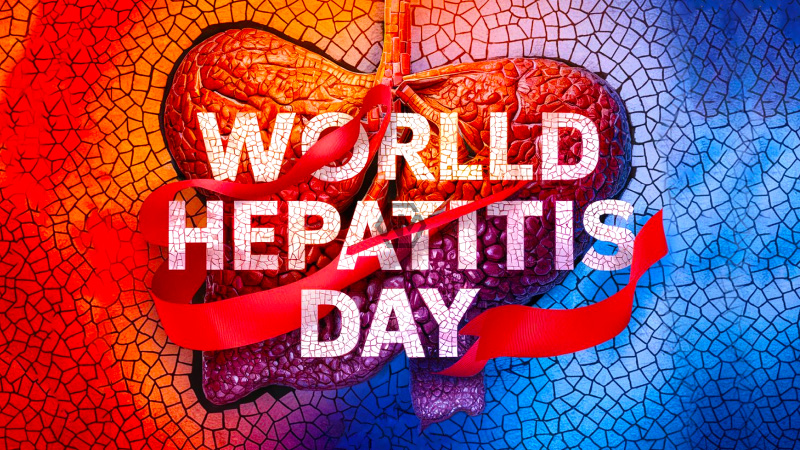- Hepatitis B is spread through specific high-risk behaviors, not casual contact or mosquito bites.
- Effective treatments are available, and screening is crucial even without symptoms.
- Vaccination is key for prevention but does not benefit those already infected.
Hepatitis B is often misunderstood, leading to widespread myths about its transmission and management. Contrary to some beliefs, the virus is not spread through casual contact or mosquito bites but rather through contact with infected body fluids, unprotected sex, and shared needles.
While there is no cure for hepatitis B, effective antiviral treatments are available that can manage the disease and prevent severe liver damage. Regular screenings are crucial for monitoring the virus’s progression and determining the need for treatment, even if symptoms are not present.
Clearing Up Hepatitis B Misconceptions: What You Need to Know This World Hepatitis Day
Hepatitis B is a virus affecting the liver that is surrounded by many myths. It is crucial to understand that hepatitis B is transmitted through specific routes such as unprotected sexual contact and blood-to-blood contact, rather than casual interactions or insect bites. This distinction helps in addressing fears and preventing unnecessary stigmas associated with the disease.
People living with hepatitis B are often concerned about the implications for their personal lives, such as marriage or having children. The good news is that with proper medical care and vaccinations for partners and newborns, these concerns can be effectively managed. Furthermore, even if hepatitis B presents no symptoms, regular medical check-ups are essential for managing and monitoring the disease’s impact on liver health.
By debunking common myths about hepatitis B, we can foster better understanding and support for those affected. Accurate information empowers individuals to seek appropriate care and adopt preventive measures effectively.
“Emphasizing that prevention through vaccination and screening is crucial aligns with the idea that proactive measures are more effective than dealing with the consequences later.”



